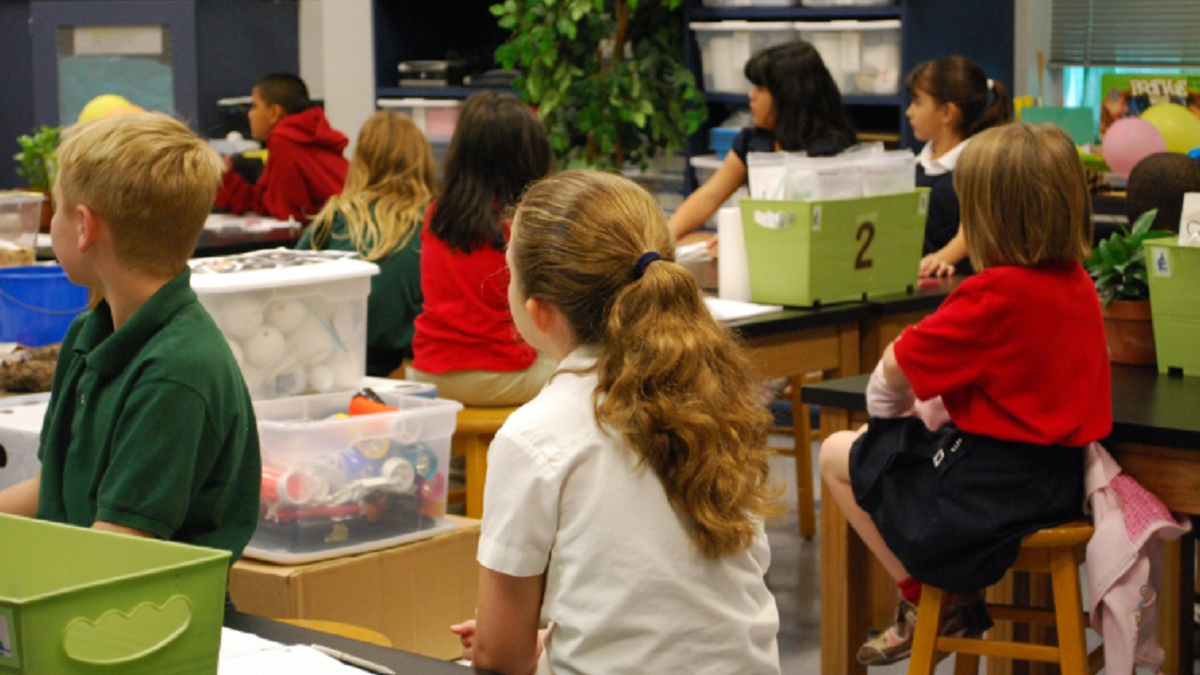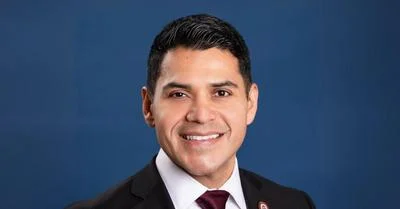An Arizona ballot initiative that would impose a surcharge on high-income taxpayers to increase education funding is a bad idea, said State Rep. John Fillmore. | pxhere.com
An Arizona ballot initiative that would impose a surcharge on high-income taxpayers to increase education funding is a bad idea, said State Rep. John Fillmore. | pxhere.com
An Arizona ballot initiative that would impose a surcharge on high-income taxpayers to increase education funding is a bad idea, said State Rep. John Fillmore, (R-Apache Junction), vice chairman of the House Education Committee.
“This is one of the worst ideas in many years,” he told PHX Reporter.
Currently, only about 53% of education funding is spent in the classroom, Fillmore said.
“With the bloated administration, transportation and food services, we are lucky it is even that,” he said.
As schools are focusing on "equity and self-promotional feelings of the kids,” students are falling behind in English, math and science, said the legislator.
“They are not educating the kids,” Fillmore said.
The surcharge would be devastating to small businesses while just rewarding a failed educational system in our state, he said. Instead of more funding, the state should consolidate public school districts which would save $400 million a year that could be used in the classrooms and for teachers' raises.
The state should also make it easier for students to attend private and parochial schools where they would receive better educations, the legislator said.
“Parents need to wake up as to what is not being taught in our public schools and understand that this is very detrimental not only to their children but our society as a whole,” Fillmore said.
If approved, the Invest In Ed initiative would impose a 3.5% surcharge on income over $250,000 for individuals, $500,000 for households, according to the website of the group supporting the measure.
For an individual making $251,000, the surcharge would be only $35 a year, the group said.
“Arizona’s income taxes on the highest earners will still remain lower than 25 other states,” the website states.
The initiative would produce hundreds of millions of dollars for education, with half the money devoted to hiring new teachers and classroom support staff and increasing base salaries for those positions, according to the website.





 Alerts Sign-up
Alerts Sign-up